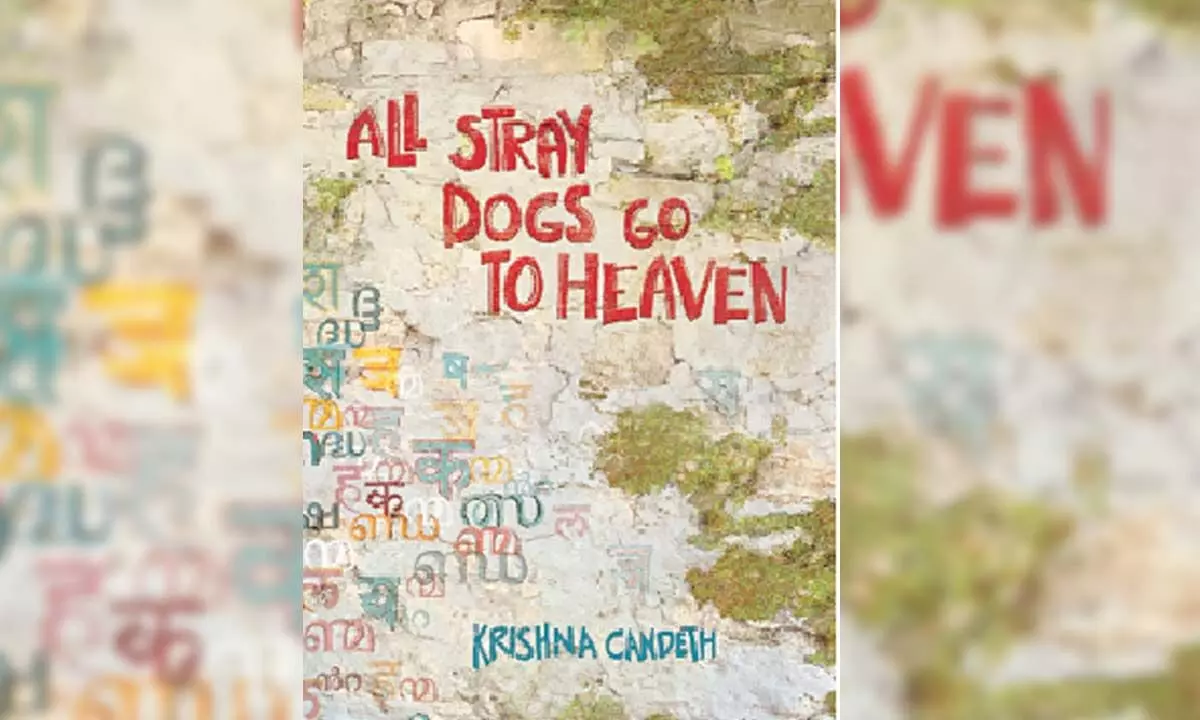An evocative book of unforgettable stories

An evocative book of unforgettable stories
Nitya’s great-grandfather, born into a prosperous landowning family, seemed to have cultivated early in life a love of books and reading along with an appreciation of the rhythms of the natural world, replenished punctually each year by the arrival of the monsoons
Nitya's great-grandfather, born into a prosperous landowning family, seemed to have cultivated early in life a love of books and reading along with an appreciation of the rhythms of the natural world, replenished punctually each year by the arrival of the monsoons. He was barely eighteen years old when he had his first story published in a well-regarded newspaper. Throughout his stay in Madras and until his graduation from the university there with a degree in forestry and agriculture, he continued to write and publish humorous verse and satirical essays as well as what everyone in those days called 'occasional pieces'. On his return he launched himself as a writer of short fiction for various publications and got established quickly as a first-rate satirist.
He was conscious from the beginning of making a simple distinction between writing about feelings in bold and vigorous ways and writing about them in stale and sentimental rhythms. He wrote under various pseudonyms but the satirical pieces that he signed 'Blathy' appeared to have swelled his popularity and readership.
The word 'Blathy', a local corruption of the Hindustani 'vilayati', meant 'foreign' or belonging to that far-flung land known in informed circles as England but whether Blathy chose the pseudonym as a way to signal that his views on many social issues were foreign to those in wide acceptance at the time, there was no way of knowing.
The abhorrent daily practices of a caste conscious society of which he was a member became the recurring subject of his most pungent satires. Nitya's favourite incident occurred in a story about a venerable brahmin who was being rowed across a river by a boatman who belonged to an inferior caste.
Halfway across they are overtaken by a storm, the boat is overturned, and both brahmin and boatman, helpless against the rising waves, are beginning to drown. Having swallowed a great deal of water and on the verge of drowning, the brahmin opens his eyes momentarily to see that the boatman is swallowing the same water that is fast filling his own lungs. Horrified, he screams at the boatman with his last breath: 'You ignoramus, don't you know you're forbidden to drink the same water I'm drinking? Go on, you damn imbecile, mix the water with the mud at the bottom before you drink it!'
Though he was a prodigious writer and turned out a vast amount of stimulating and diverse work, he was not always careful as to where this output was published. A lot of the publications that promoted the bulk of his early work were now defunct and the works themselves untraceable and, probably, lost. A local schoolmaster who read one of these early pieces when it was first published has left us a postscript where he recalled the sly humour of its ending: the British, dispersing the seeds of the cherimoya or custard apple in various locations in Malabar, knew nothing of its real pollinator in its country of origin, and so they were forced to fall back on hand pollination as a way of propagating the species in this country. 'That, though admirable,' says Blathy, 'is a violation of biological principles, akin, I say, to sending a kiss by messenger or, as I remember reading somewhere, making love through an interpreter.'
The works that do survive, however, show a brilliant, penetrating mind, eager to draw a satirical bow and take aim at the pretences and chronic hypocrisies of his time. Nitya, however, was struck by how the men and women in most of Blathy's stories spent their time wishing or working themselves out of various entanglements. There was, quite literally, a sense of people everywhere trying bravely and, often comically, to untie the knots they'd allowed themselves to be tied up in. He was particularly fond of the almost delicate ending of one of Blathy's lesser known stories, 'Nostalgia', in which a man finds himself daily more engrossed in events that had occurred a long time ago: '...And so, though I don't mean it as a warning, it is best, I think, that you don't stay out too long in the past; you'll catch a sadness there like a lengthy cold and be obliged soon after to take to your bed.'
(Excerpted with permission from 'All Stray Dogs Go To Heaven' by Dr Varghese Mathai, publisher Pippa Rann Books & Media, price: Rs 695)

